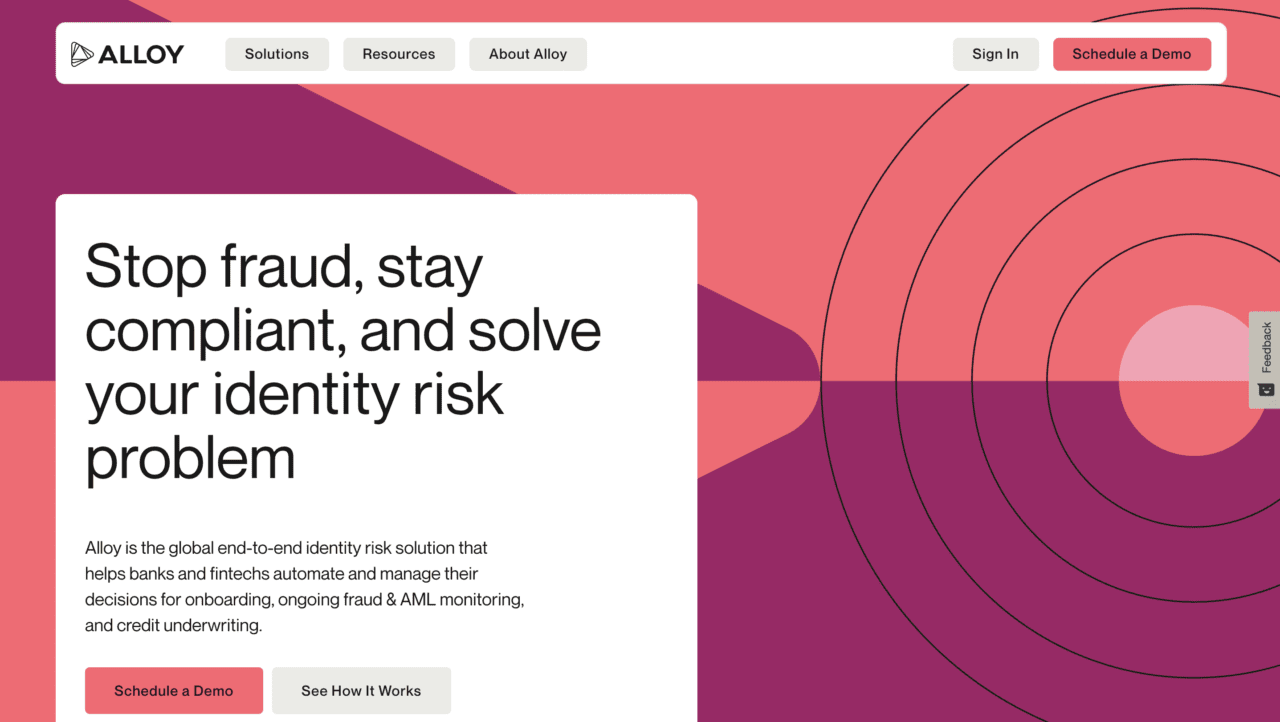
A look at the companies demoing at FinovateEurope in London on February 27. Register today using this link and save 20%.
Corsound AI
Corsound AI utilizes innovative technology to verify customers’ identities for financial institutions, leveraging over 200 patents to detect AI scams and voice fraud.
Features
- Provides an innovative method to detect deepfakes in call centers, with or without DB
- Delivers a revolutionary way to prevent identity theft
- Offers a unique voice-face matching technology
Who’s it for?
Banks, credit unions, payment providers, and small-and-medium-sized businesses.
Dotfile
Dotfile is an end-to-end business verification platform that automates KYB and AML procedures, reduces fraud, and streamlines compliance operations.
Features
- Verifies businesses and UBOs and maps corporate structures
- Automates onboarding, from data collection to risk scoring and periodic monitoring
- Creates flexible risk-scoring models with custom rules
Who’s it for?
Payment service providers, banks, fintechs, forex platforms, private equity firms, crypto brokers, and asset managers.
Eleos
Eleos partners with consumer brands to embed income protection and life insurance into their online journeys.
Features
- Bridges access and awareness gap that has kept penetration of these products down
- Adds additional revenue stream for distributors
- Improves customer retention rate for brands
Who’s it for?
Direct to consumer fintechs.
Finerative
Finerative is a Gen-AI native startup bringing generative technology to the financial space.
Features
- Improves productivity and operational efficiency while driving revenues
- Increases client satisfaction
- Delivers innovation
Who’s it for?
Universal banks, private banks, asset management entities, wealth management institutions, and independent financial advisors.
SkenarioLabs
SkenarioLabs’ predictive data analytics solution integrates an advanced suite of risk assessment and reporting tools to guide sustainable investment and lending decisions in real estate.
Features
- Minimal data requirements: delivers accurate insights from address-only data
- Single-platform integration: provides value, risk, & ESG assessments for all asset classes
- Streamlined compliance: offers flexible analytics
Who’s it for?
Banks and building societies, real estate investment and advisory firms, and insurance providers.
Tuum
Tuum’s next generation core banking software platform removes legacy constraints, transforms existing business models, builds new business models, and unlocks new revenue streams. Core Banking. Without Limits .
Features
- Delivers a cloud native, modular, API first software – unlimited scalability and flexibility
- Features Beyond Core – accounts, lending, cards, & payments from a single platform
- Offers a highly configurable platform – launch new products in minutes
Who’s it for?
Retail and corporate banks, EMIs, fintechs, and financial institutions.
Zeed
Zeed offers a platform for public companies and asset managers to reach, educate, and engage retail investors using AI and video content.
Features
- Reaches and educates investors where they already are
- Utilizes AI-generated financial video content
- Tracks attribution to share price liquidity and AUM
Who’s it for?
Public companies, asset managers, retail investors, and brokerage platforms.






















